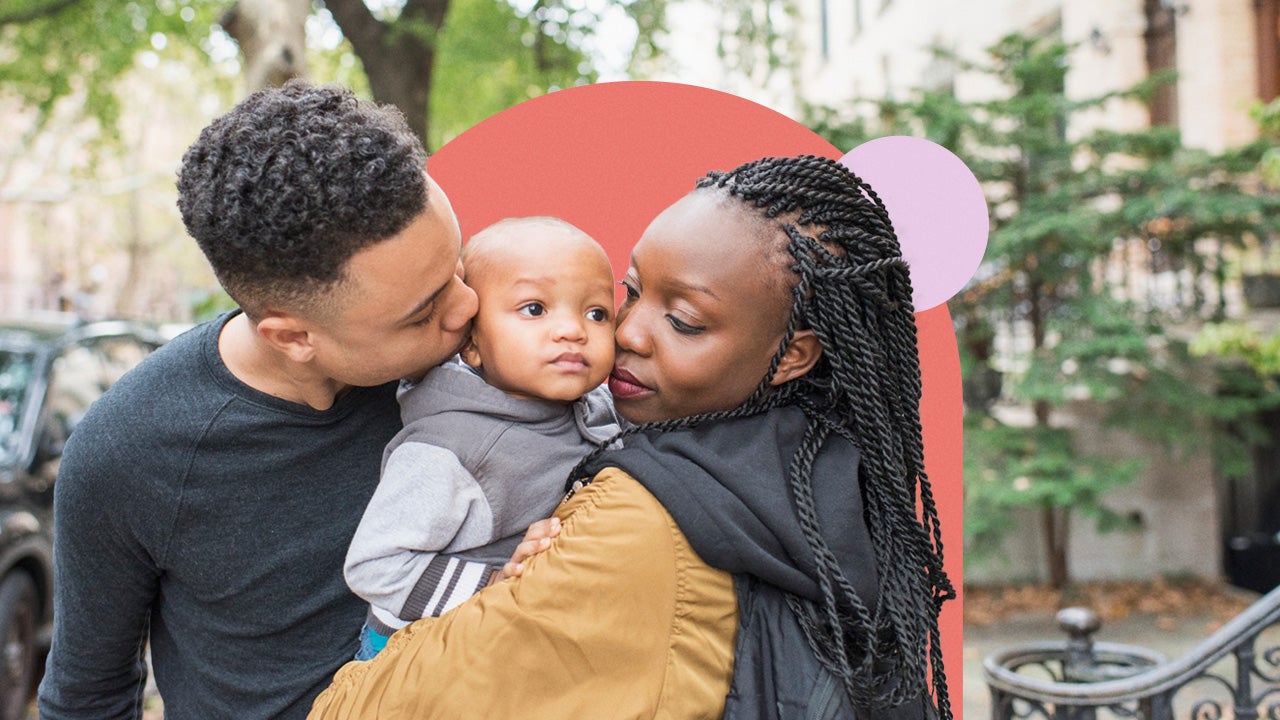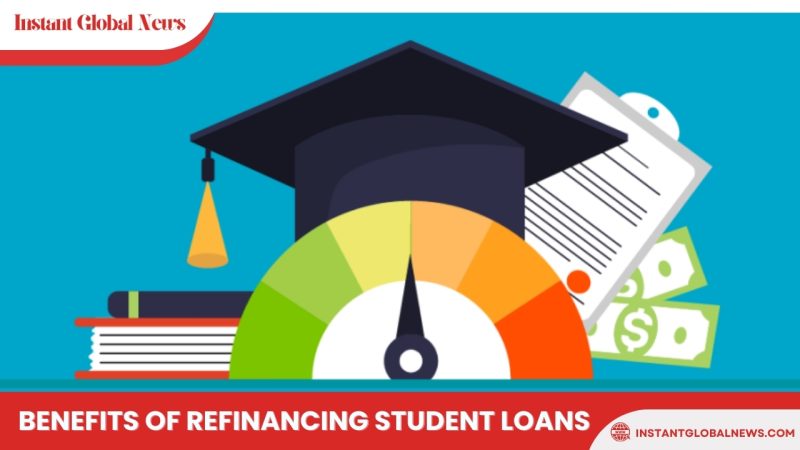
If you’ve never owned a home before, or it’s been a while since you last did, there’s good news for you. You might qualify for a first-time homebuyer loan or assistance program. These programs are specifically designed to make homeownership more accessible and affordable for first-time buyers. They offer benefits such as lower down payment requirements, more flexible credit score criteria, and assistance with closing costs and down payments. In this comprehensive guide, we’ll explore different types of first-time homebuyer programs and loans.
What is a First-Time Homebuyer Program?
First-time homebuyer programs are designed to help individuals who haven’t previously owned a home or haven’t owned one in a long time. These programs offer various benefits, such as lower interest rates, lower down payment requirements, and assistance with down payments and closing costs. They aim to make the homebuying process more affordable and accessible for first-time buyers.
Types of First-Time Homebuyer Programs
There are several types of first-time homebuyer programs available:
Low-Down Payment Conventional Loans
Conventional loans are the most popular type of mortgage. They require a down payment of just 3 percent, making them an attractive option for first-time homebuyers with limited savings. Some examples of low-down payment conventional loans include:
- Conventional 97 mortgage: Backed by Fannie Mae and Freddie Mac, this loan requires a minimum credit score of 620 and private mortgage insurance (PMI) until you reach 80 percent loan-to-value ratio.
- HomeReady mortgage: Similar to the Conventional 97 program, this loan is offered by Fannie Mae and requires just 3 percent down.
- Home Possible mortgage: Offered by Freddie Mac, this program also requires a 3 percent down payment.
It’s important to note that you’ll obtain these low-down payment conventional loans through mortgage lenders, not directly from Fannie Mae or Freddie Mac.
Down Payment Assistance (DPA) Programs
Down payment assistance programs provide loans, grants, or matching funds to help with down payments and closing costs. They include options such as:
- Down payment assistance loans: These programs offer a second mortgage for down payment and closing cost support. The second mortgage can be structured as a low-interest loan, deferred-payment loan, or forgivable loan.
- Down payment savings match programs: These programs match a portion of your down payment savings, typically up to a certain amount.
- Down payment grants: Grants are free money awarded to low- or moderate-income borrowers to cover down payments or closing costs.
Federal First-Time Homebuyer Programs
The federal government offers various programs to assist first-time homebuyers, including:
- Government-backed mortgage loans: The FHA, VA, and USDA back mortgages that are often suitable for first-time buyers.
- Good Neighbor Next Door: This program, overseen by HUD, offers qualified law enforcement officers, firefighters, emergency medical technicians, and teachers the opportunity to purchase homes in designated revitalization areas at a 50 percent discount.
- HomePath Ready Buyer Program: Fannie Mae’s program offers closing cost assistance for first-time buyers interested in purchasing foreclosed homes.
- Energy-Efficient Mortgage (EEM): This type of mortgage allows borrowers to finance energy-efficient upgrades without requiring a larger down payment.
- Native American Direct Loan (NADL) and Section 184 program: These programs support financing for eligible Native American homebuyers.
First-Time Homebuyer Programs by State
Each U.S. state operates a housing finance authority (HFA) that promotes homeownership and offers programs for first-time homebuyers. These programs vary by state and region, so it’s important to explore the resources available in your area. You can find information about HFAs and other first-time buyer resources on your state’s HFA website.
Nonprofit Programs
Nonprofit organizations provide valuable assistance to low- or moderate-income first-time homebuyers. Two notable examples are:
- Neighborhood Assistance Corporation of America (NACA): This nonprofit offers low-rate mortgages without requiring a down payment, closing costs, or mortgage insurance. NACA doesn’t rely on credit scores but considers factors like rent payment history.
- Habitat for Humanity: Habitat for Humanity’s homeownership program is available to individuals with an annual income that is 60 percent or less of the median income in their area. Eligible applicants must contribute sweat equity by helping build homes.
Employer-Sponsored Programs
Employer-assisted housing programs (EAH) help employees with their housing needs, often in proximity to their workplace. EAH programs come in different forms, such as forgivable loans combined with mandatory homeownership education. These programs are typically available to specific occupations, and there may be additional requirements such as being a first-time homebuyer or meeting specific income limits.
First-Time Homebuyer Programs for Students
Recent college graduates may qualify for first-time homebuyer programs tailored to their needs. For instance, some states offer programs like Grants for Grads, providing down payment assistance to graduates within a certain timeframe. However, these programs often require recipients to remain in the home for a specified period; otherwise, they may need to repay the funds.
Next Steps: How to Apply for a First-Time Homebuyer Program
To determine if you’re eligible for a first-time homebuyer program and to apply for one, reach out to a mortgage lender. They can guide you through the process and help you understand the requirements. Additionally, you can check your state’s housing finance agency (HFA) website for eligibility criteria and information on how to apply.
FAQs
What is a first-time homebuyer?
A first-time homebuyer is someone who is purchasing a home for the first time or hasn’t owned a home in a long time.
Who qualifies for first-time homebuyer programs?
Qualifications for first-time homebuyer programs vary depending on the specific program and its eligibility criteria. Generally, first-time homebuyer programs are available to individuals who meet certain income requirements and haven’t owned a home within a specified period.
Which loan is best for first-time homebuyers?
The best loan for first-time homebuyers depends on individual circumstances and preferences. Some popular options include low-down payment conventional loans, FHA loans, VA loans, and USDA loans. It’s crucial to consult with a mortgage lender to determine the best loan for your specific needs.
What are first-time homebuyer education programs?
First-time homebuyer education programs provide resources and information to help individuals navigate the homebuying process. These programs cover topics such as budgeting, mortgage options, and the responsibilities of homeownership.
Conclusion
Becoming a first-time homeowner can be an exciting and rewarding experience. With the availability of various first-time homebuyer loans and programs, the path to homeownership has become more accessible for many individuals. Whether you qualify for a low-down payment conventional loan, down payment assistance program, or federal program, exploring your options and understanding the requirements is essential. Take advantage of these resources to make your dream of homeownership a reality.
For more informative news and articles, visit Instant Global News.


